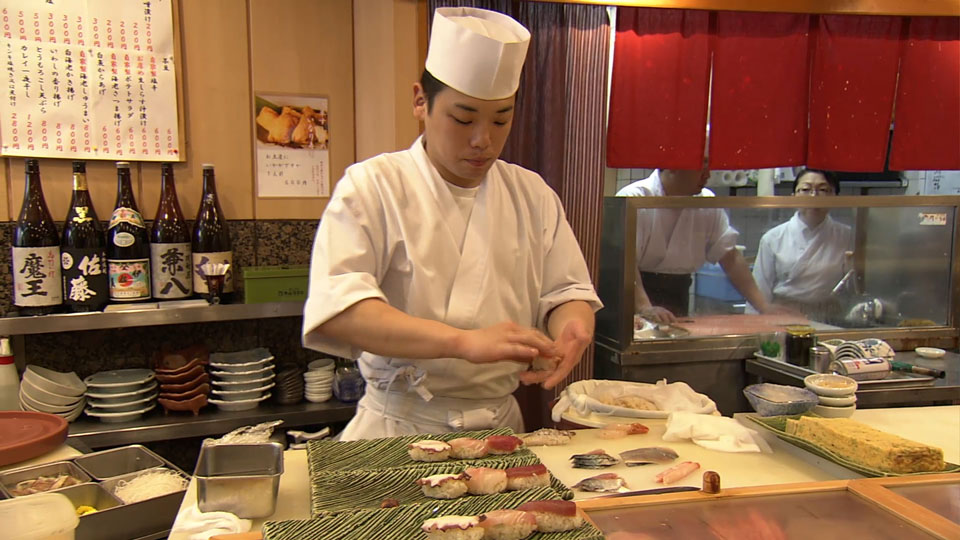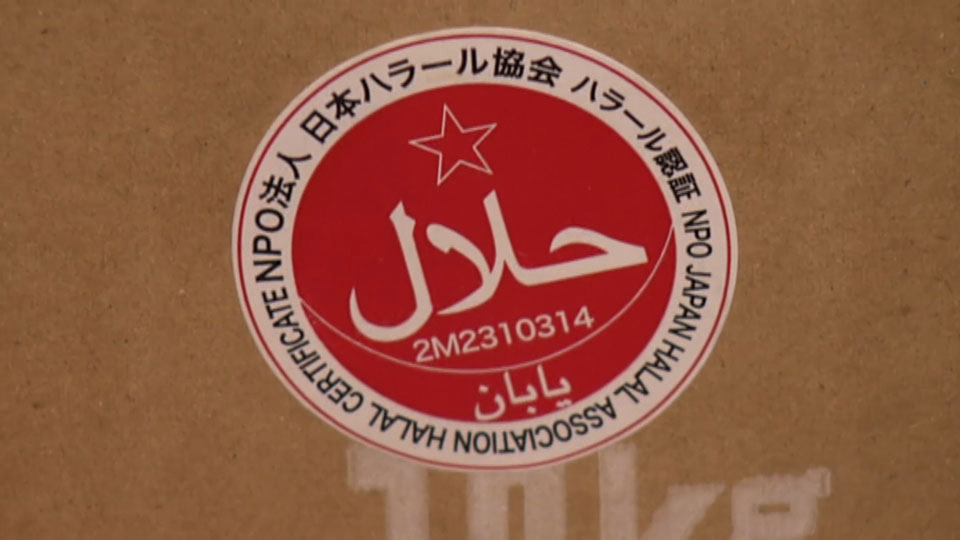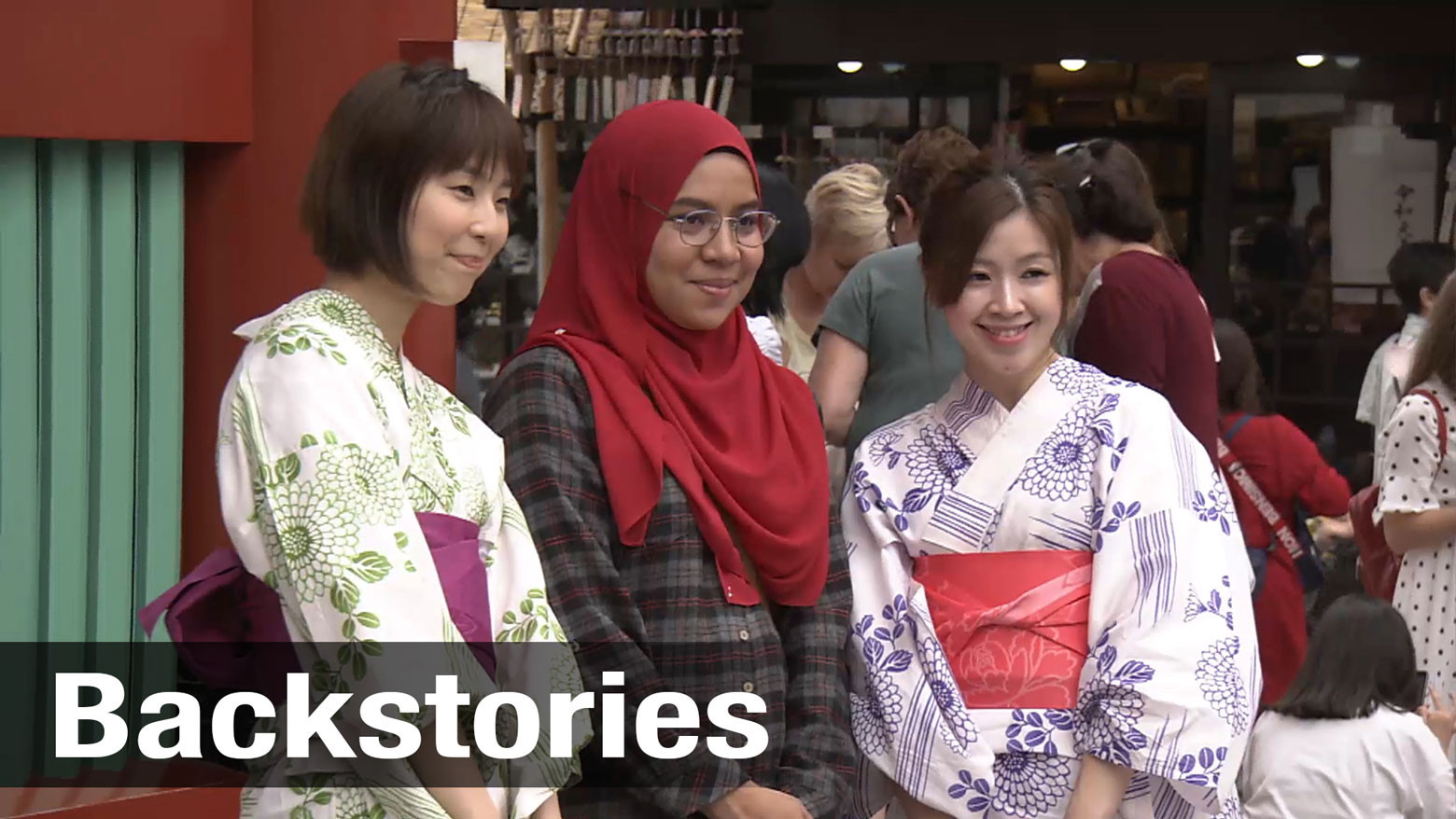Asakusa is one of Japan's most popular tourist sites. It has long been known as a place to enjoy traditional Japanese culture within Tokyo. Now the neighborhood has been taking on a Muslim flavor.

A well-known halal ramen shop is packed with Muslim tourists as soon as it opens. Firdody Fairahmad is visiting with his family from Jakarta.
"Halal food is very important," he says. "My family went to a famous ramen shop yesterday but couldn't get anything because the soup is made of pork."
The owner of this restaurant says sales have increased tenfold since it went halal. It also has another special feature--a prayer room for customers.

Many Muslim visitors say it can be difficult finding places in Japan that accommodate their dietary needs. The halal logo is still a rare sight in Tokyo.
To meet the rising demand, Asakusa is now offering subsidies to restaurants and hotels that become halal certified.

Sushiken is one of the only restaurants in Tokyo that offers halal sushi. Seasonings such as soy sauce, mirin, and miso that are essential to Japanese cuisine often contain alcohol. But Sushiken makes sure it uses brands that do not.
"We were so eager to try Japanese food that we came straight from the airport," says Muhammad Atieff Mashor, a tourist from Brunei visiting with three friends. "We love the taste and texture of the sushi here."
"I had never heard of halal before, so I tried to learn as much as I could," says Tomoko Toyoshima, a Sushiken employee. She adds that non-Muslim customers can still enjoy the food as there is no difference in the taste of the halal seasoning.

A lack of mosques is another issue for Muslim tourists. This prompted one company to come up with a way to serve people throughout Tokyo.
Mobile Mosque is a renovated truck that can fit up to 50 worshippers. It recently stopped outside Tokyo Tower and many people stopped to pray.

"Thank you very much for your service," said one tourist from the United Arab Emirates. "It's nice to see that someone cares about us even though our religion is not common in your country."
As Japan gets ready to roll out the red carpet for the world next year, the country is hoping that Asakusa's efforts at inclusivity spread and is one of the lasting legacies of the 2020 Games.

